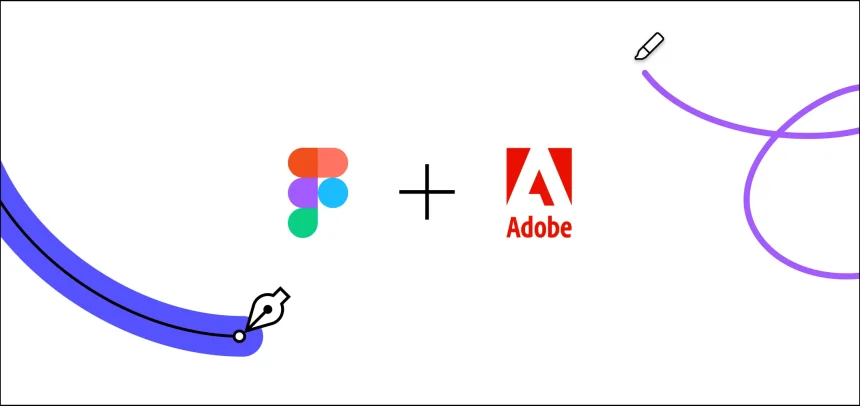One of the many temerities of a UI/UX designer is the ability to create visually compelling designs for their products using design software. While some of this software is largely free to use except for a few premium features, others require a monthly subscription from its users.
Figma is an example of the former. Figma, which is a web-based graphics editing and design application used by designers for designing and building web applications, was very recently acquired by Adobe. The acquisition, which was announced on Twitter by Figma CEO, Dylan Field, set the social media platform abuzz with varying opinions and mixed feelings.
Why the mixed Reactions?
Possible change of business model
Designers fear that Adobe will impose its subscription-based business model onto the Figma app, which will in turn limit budding designers from accessing the software. This particular concern is a major concern for budding African designers because most might not be able to afford a monthly subscription fee.
The imminent complexity of the product
Asides from the fact that Figma majorly runs a freemium model, the application is a cult favorite among new designers because of how easy it is to learn to build products on the application compared to its Adobe counterparts, Adobe XD. Now, with the news of this acquisition, designers worry that Adobe will attempt to complicate Figma in its peculiar manner, same as with all their other range of products.
Deprioritization of the community feature
Figma is known to be very consumer-centric, putting its designers’ at the forefront of their products. The application has a robust design-focused community that has been instrumental in providing not only a design platform but also an interactive learning platform for its users. Presently, African designers worry that new management might not prioritize this particular community feature to the extent that Figma currently does.
Positive Outlook
It’s not all pessimism, however. Dylan, Figma CEO, says that this acquisition is a growth opportunity for Figma as access to Adobe’s technology will accelerate innovation on the web-based application. He also assured designers that the highly loved community feature will remain and continue to expand.
According to Dylan, Figma will continue to run autonomously, and as such management is likely to remain the same at the most basic level. This assurance is particularly important especially as the issues he addressed have been a major source of concern to users since the news of the acquisition broke.
Despite the valid concerns raised by designers about this acquisition, the prevalent vibe is that of optimism on all fronts. Adobe, having been recently named by the Fast Company as one of the World’s most innovative companies for 2021, has a track record of being an innovative software company. Designers are tentatviely hopeful that this acquisition expands rather than limits the Figma app and its features long-term.










